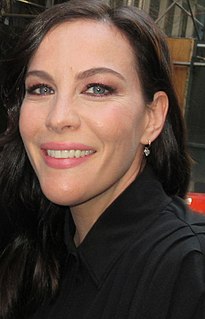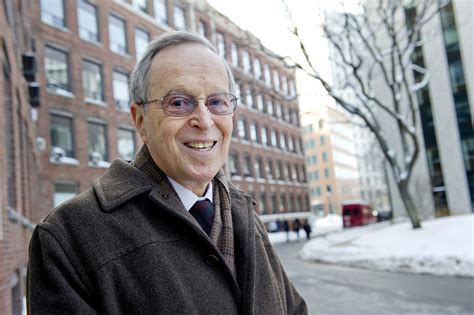A Quote by John Dewey
What the best and wisest parent wants for his own child, that must the community want for all of its children.
Related Quotes
The traditional paradigm of parenting has been very hierarchical, the parent knows best and very top down. Conscious parenting topples [this paradigm] on its head and creates this mutuality, this circularity where both parent and child serve each other and where in fact, perhaps, the child could be even more of a guru for the parent .... teaching the parent how the parent needs to grow, teaching the parent how to enter the present moment like only children know how to do.
A conscious parent is not one who seeks to fix her child or seek to produce or create the 'perfect' child. This is not about perfection. The conscious parent understands that is journey has been undertaken, this child has been called forth to 'raise the parent' itself. To show the parent where the parent has yet to grow. This is why we call our children into our lives.
Children are all unique, so when you're blending families it's really important to get to know each individual child... Being a stepparent can be a really incredible opportunity. Sometimes children pay attention and listen to someone who's not their blood parent. Sometimes I notice how my son Milo learns things from my best friends and people that have been around him, his grandparents and so on, in a way he can't from his own mum and dad. It takes a village!
Whenever I hear about a child needing something, I ask myself, 'Is it what he needs or what he wants?' It isn't always easy to distinguish between the two. A child has many real needs which can and should be satisfied. His wants are a bottomless pit. He wants, for example, to sleep with his parents. He needs to be in his own bed. At Christmas he wants every toy advertised on television. He needs only one or two.
We want the children to conform; we want to control their minds, to shape their conduct, their way of living, so that they will fit into the pattern of society, That is what every parent wants, is it not? And that is exactly what is happening, whether it be in America or in Europe, in Russia or in India. The pattern may vary slightly, but they all want the child to conform.
We find that even the parents who justify spanking to themselves are defensive and embarrassed about it....I suspect that deep inthe memory of every parent are the feelings that had attended his own childhood spankings, the feelings of humiliation, of helplessness, of submission through fear. The parent who finds himself spanking his own child cannot dispel the ghosts of his own childhood.







































